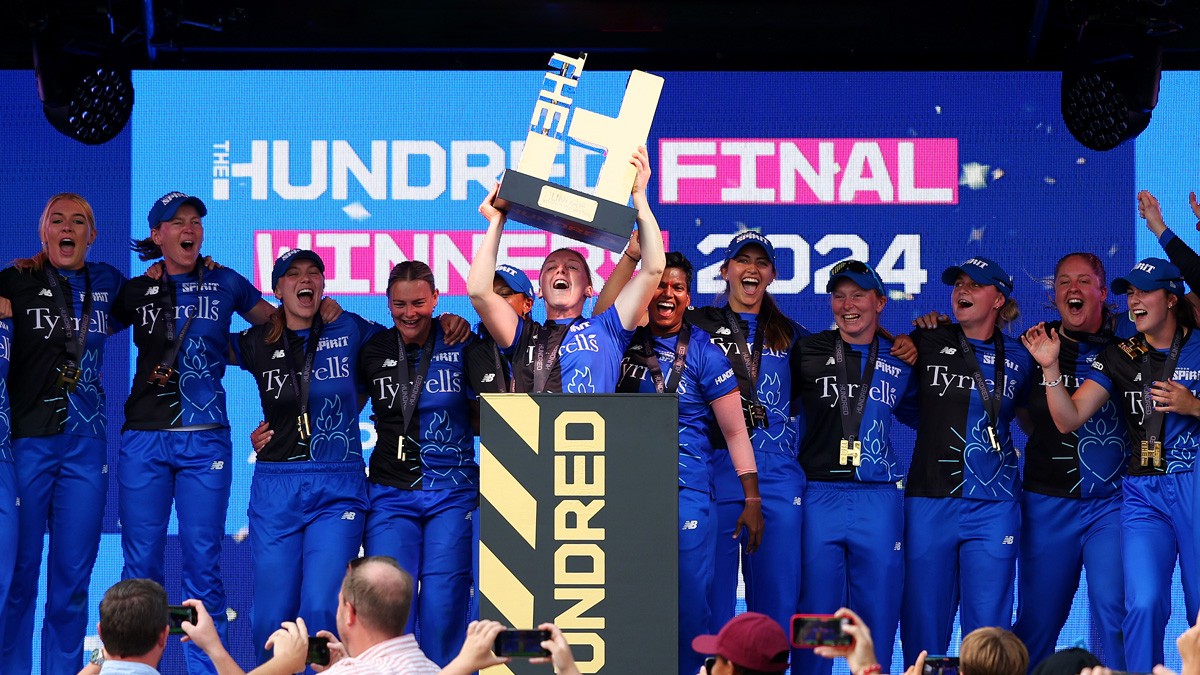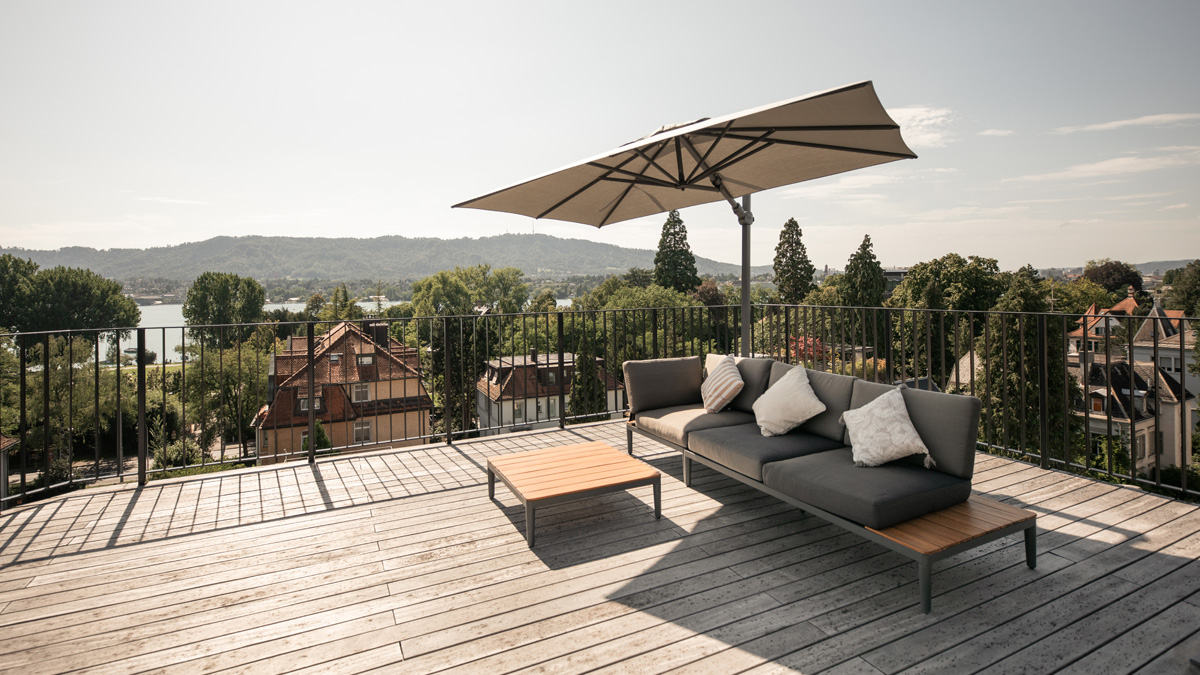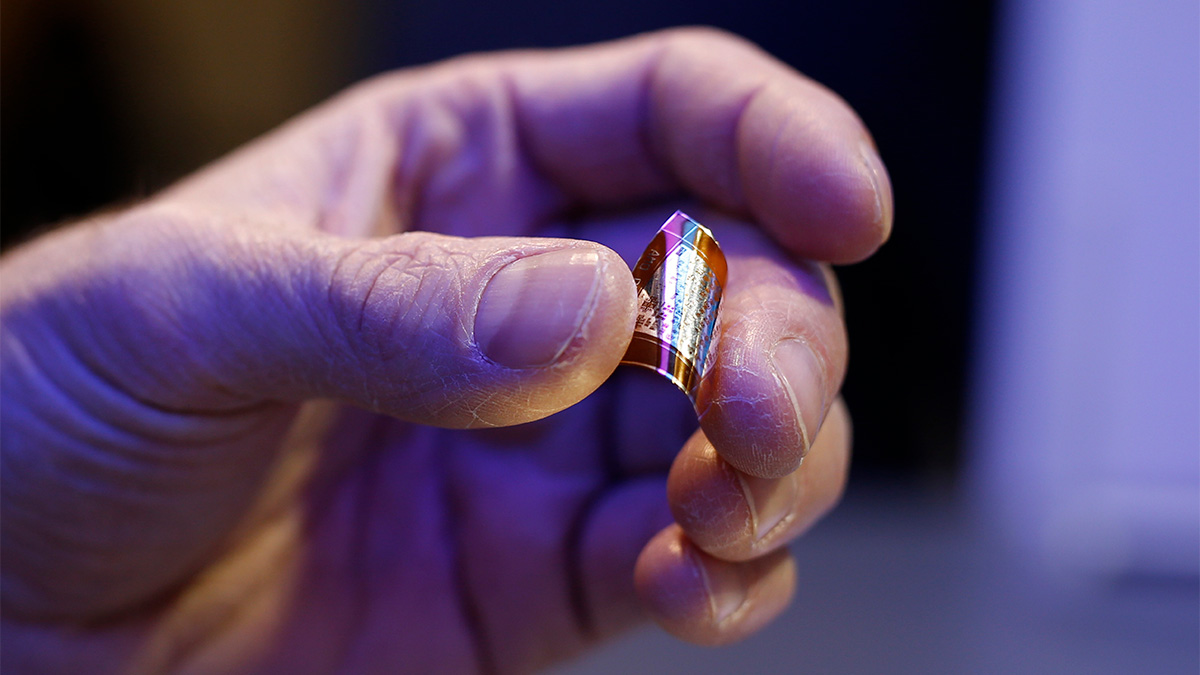The West African disrupter cooking up a storm
From street pop-up to Michelin star, chef Joké Bakare proves that breaking the rules while staying true to your roots can bring success to the table
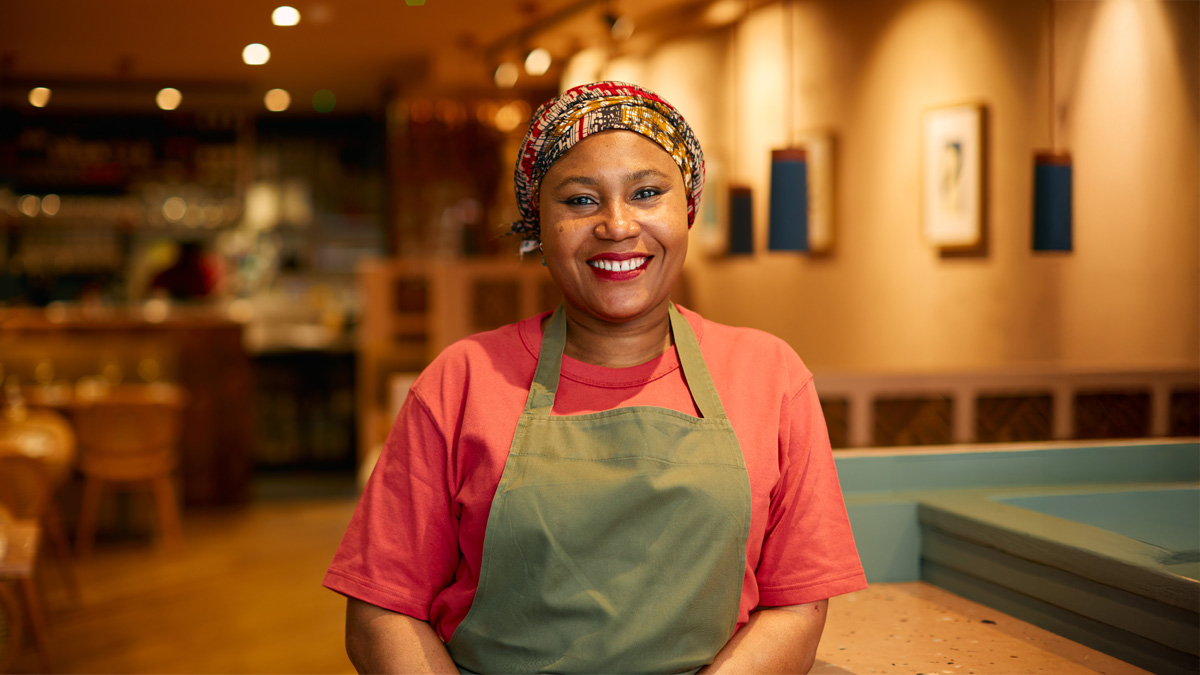
The Bear, Boiling Point, Kitchen Nightmares: TV shows and films portray the kitchen environment as a chaotic, intense environment that swallows anyone who sets foot inside it. But one chef has broken the stereotype and is bringing the wonders of West African cuisine to the heart of the nation’s capital. Adejoké (Joké) Bakare, is the UK’s first Michelin-starred black female chef and the visionary behind Chishuru.
The restaurant is a stone’s throw from Oxford Circus and is creating ripples far beyond London. A beautiful ornate lampshade stands out as it beckons you in. The name is inspired by a term from the West African language Hausa meaning “the silence that descends on the table when the food arrives”. The restaurant has had rave reviews from professional critics and social media is full of videos and testimonials from satisfied diners.
Unusually, Chishuru is only open for lunch and dinner from Monday to Friday. But Bakare doesn’t do usual. She’s been a chef for just over four years. Some may see this as a flaw but it also may be Bakare’s disruptive superpower. “Sometimes what you know becomes like a barrier to where you want to get to,” she says. “Sometimes the things you don’t know just give you that extra push.”
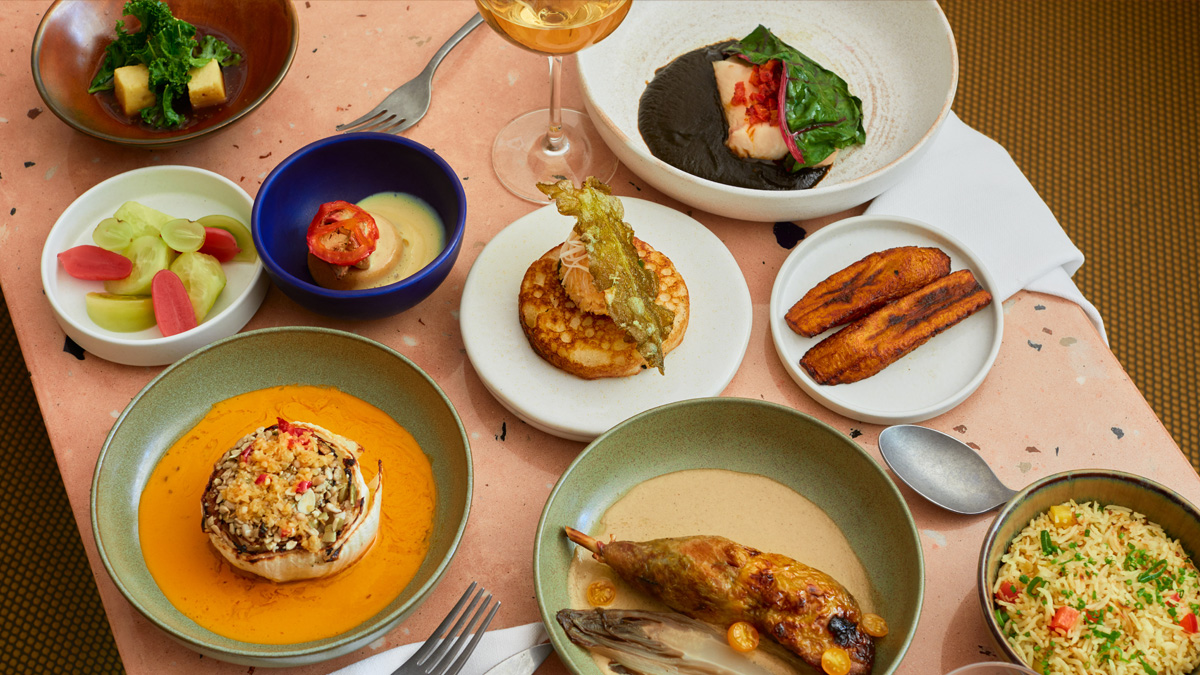
Disruption is out of character for Bakare, who came to the UK more than two decades ago to study microbiology. However, she says that this time in her career she’s chosen to “colour outside the lines”. She attributes her unconventional life journey with being the reason she runs a calm kitchen, although she adds: “A lot of restaurants don’t operate like that [chaotically] any more because they’ve realised how toxic that is,” she says. “It’s a good thing that I haven’t gone up through restaurants and I haven’t absorbed bad habits.”
Before launching Chishuru, Bakare worked in health and safety, property management and even on the Underground. But friends familiar with the self-taught chef’s food encouraged her to enter an amateur cooking competition, which she won and then led to a pop-up in Brixton. A rave review from critic Jay Rayner turned Bakare’s dream into a permanent establishment that has since outgrown its premises – and threatens to do so again.
Bakare’s business partner in Chishuru is Matt Paice, previously a television channel controller and executive producer. After becoming a chef by chance, he’s been in the restaurant business for more than a decade, running a street food outlet, along with his own restaurants. The partnership was formed in an unlikely way. Bakare replied to a tweet from Paice that went viral in 2021 about a patron at his restaurant who complained about no-show fees. After a few DMs, Paice offered to look at Chishuru’s operations in exchange for a free lunch.
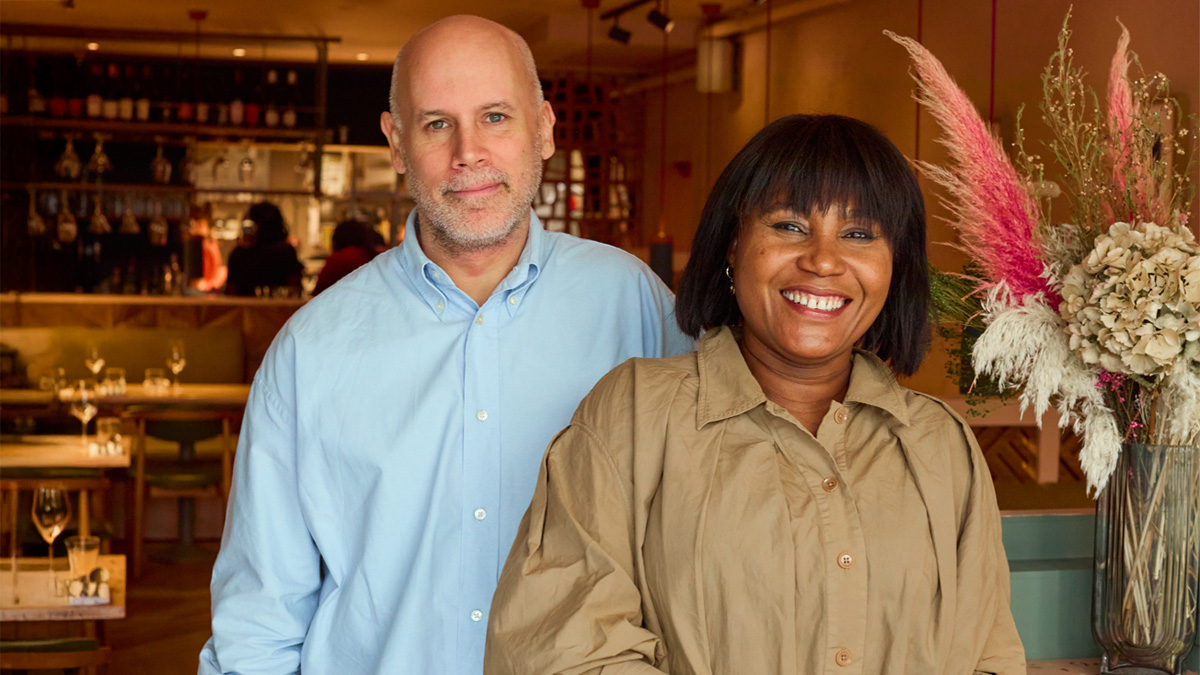
Paice didn’t know much about Bakare or the restaurant before he visited. “I looked at the Google reviews,” he says, “and it was 4.9. I thought, these are unbelievable reviews, what is going on? When I met her, it was immediately obvious that she was very talented. After a couple of months, she started to introduce me to people as Matt, her business partner.” He left his full-time job in the summer of 2024 to open the restaurant’s Fitzrovia location.
The pair’s skills have become complementary. Paice recalls an occasion when they were fitting the restaurant out: “We had no money because we had no investors, and we were running on fumes. The week we opened, she insisted that we needed this £1,500 lampshade from South Africa. I said, ‘Absolutely no way, we can’t afford this.’ You can see who won because it’s there…”
Bakare says there’s “method to the madness” and the lampshade was one of the non-negotiables. “I’m kind of easy-going but there are certain things that I would not compromise on,” she says. “We did this on a very tight budget, and I insisted that there has to be a reference point outside. Something that catches your eye when you go past that screams ‘Africa’.”
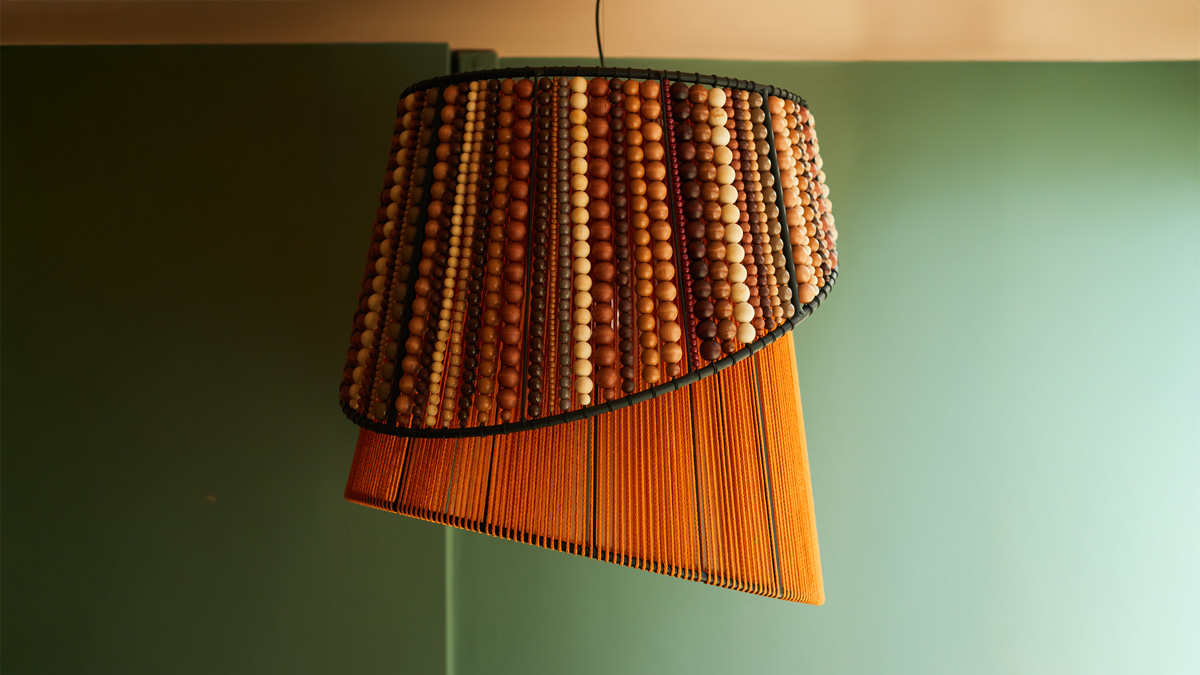
Negotiation is part of every business partnership, but Paice can’t help but think about how fragile these relationships are. He recalls falling out with an external marketing agency purely because they were getting him and Bakare to disagree with each other. “It’s so important to protect that partnership because if the two of us start falling out, don’t trust each other or can’t rely on backing each other, then it could so easily collapse. It’s something you really have to nurture, work on and think about. We have to believe in and trust each other because, without that, we’re stuffed.”
A pivotal moment in Bakare’s journey came in 2024 when she earned her Michelin star, only the second black woman in the world to receive the accolade. However, a note on the restaurant’s website reads: “Please note before booking: Chishuru is not a fine dining restaurant. Yes, we have a Michelin star, but our style is relaxed and homely, and we play music.” This was to dispel the Michelin-star chasers who had eaten at a plethora of fine dining establishments and would complain it wasn’t up to expectations.
Bakare tried to make Chishuru’s offering akin to what the masses expect from a Michelin-star establishment for a while but, in another show of disruption, had a realisation. “I called Matt up one day and said this is not me,” she recalls, in a move that Paice backed. Bakare likens it to driving a huge 18-wheeler truck while having a learner’s permit. With other restaurants looking to push the envelope and try something new, she wants to make sure that everything she does is focused on staying the course.
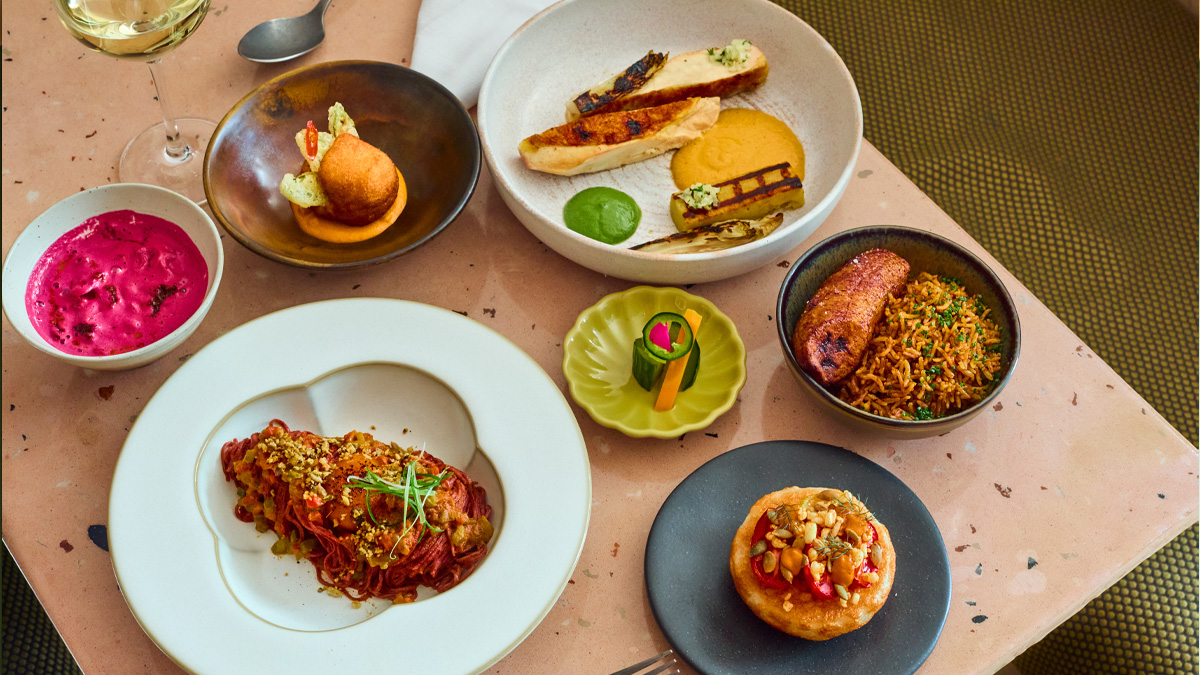
“It’s easy to morph into all the other restaurants,” she says. “But the reason why we got to where we are is because we’ve got points of difference.” The pair’s philosophy has a simple mantra: be 1 per cent better today than you were yesterday.
When I asked about growth ambitions, they shared the look of people who had plans they didn’t want to reveal right now. “We’re looking to move this to a larger premises because we have outgrown it,” says Paice cagily. “There is a second concept that we’ve got in our back pocket that we want to do too…”
What does success look like to Bakare? “For me as a restaurateur, it’s just bums on seats regularly,” she says. “But as somebody who’s doing West African food – something a lot of people don’t know about – for me, success would be going into Waitrose and seeing West African spices.
“Also, a lot of young chefs that I’ve spoken to feel that they need to couch the food by giving it an American, Italian or French accent. I’d like to see more young people putting their own spin on our cuisine but being very proud of how the food of our culture is and unashamedly putting it on the table.”

